17. Personal Shopper (Olivier Assayas, 2016)

Winner of the Best Director prize at 2016 Cannes Film Festival, “Personal Shopper” is Olivier Assayas at his very best, realizing a stratified and complex movie.
A supernatural thriller in which a young American girl (Kristen Stewart) is the personal shopper of a celebrity and tries to communicate with her dead brother. As usual, Assayas’ masterful and virtuoso directing and impeccably balanced screenplay make the whole perfectly believable and extremely engrossing.
“Personal Shopper” is one of the finest films of the 2010s: an experimental work, highly conceptual and full of reflections on contemporary society and new technologies. Assayas’ cinematic vision is something rare and special; “Personal Shopper” represents it perfectly.
16. Happy as Lazzaro (Alice Rohrwacher, 2018)
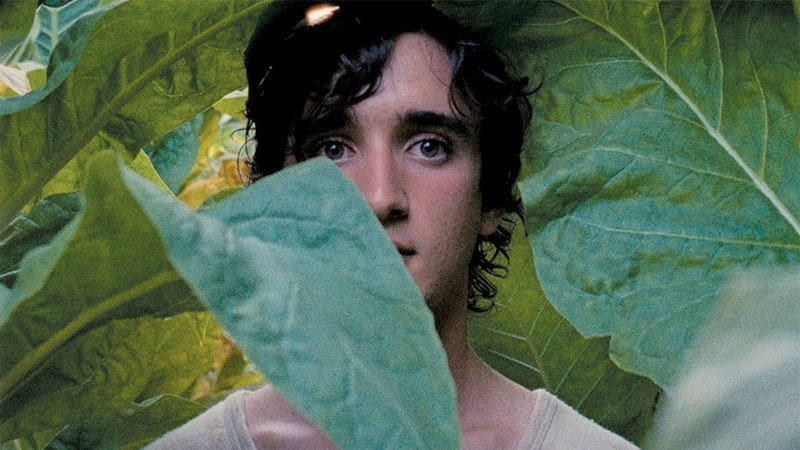
Alice Rohrwacher is certainly one of the most exciting Italian director working today, and “Happy as Lazzaro” – Best Screenplay Award at 2018 Cannes Film Festival – proves that without any doubt.
A terrific and moving friendship tale between Lazzaro, naive peasant at the service of the Marchioness Alfonsina de Luna, and Alfonsina’s son. The story excellently explains the contrast between the purity and goodness of the poor and the arrogance and wickedness of the rich, not failing to deal with universal issues such as immigration, the economic crisis, ageing, loyalty and the time that flows.
Rohrwacher’s signature is absolutely splendid: inspired by Pasolini and Citti, the director outlines a personal style and directs a fairy tale of inexhaustible beauty and touching originality.
15. A Separation (Asghar Farhadi, 2011)
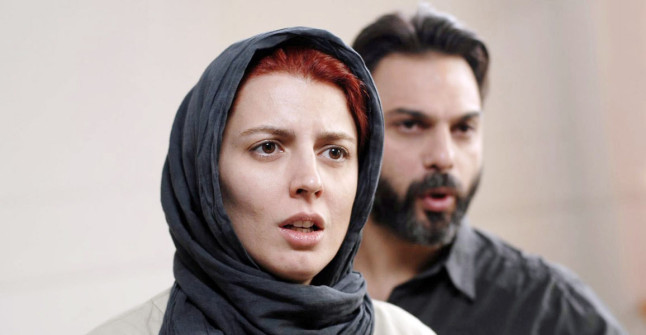
Winner of the Golden Bear at 2011 Berlinale, “A Separation” is a masterpiece of worldwide Cinema, telling the contemporary Iran with intelligence and honesty.
Farhadi captures the end of a relationship with grace and intensity: “A Separation” is simple on the narrative level, but it’s psychologically devastating, socially important and morally complex.
The realistic performances combined with the depth of characterization are one of the most important aspects of the movie, which is extremely tense and utterly superb in telling the truth of Iran’s issues and situation.
14. Under the Skin (Jonathan Glazer, 2013)
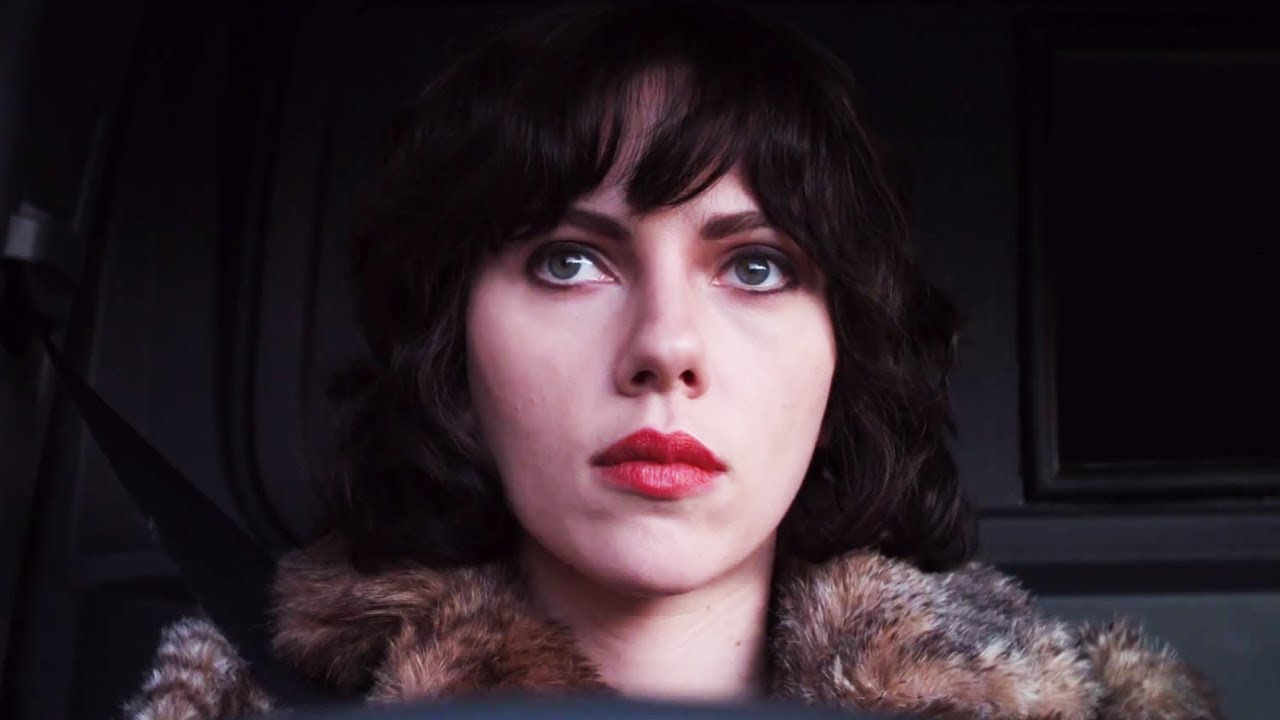
Ambiguous and daring, Jonathan Glazer’s “Under the Skin” – based on the homonymous novel by Michel Faber – is a film of difficult assimilation and considerable depth.
Scarlett Johansson in her most courageous performance ever plays an alien who seduces and kills men in Glasgow, so that the movie can explore gender, feminist and existential themes. The movie gives the viewer a complete range of sensations due to its almost-unique nature: it’s eerie, moving, captivating, haunting, mesmerizing, mind-blowing.
Glazer realizes an authentic experience, directing an absolute stunner. A film which is perfect in every single shot and that closes with a finish that leaves you open-mouthed.
13. Burning (Lee Chang-dong, 2018)
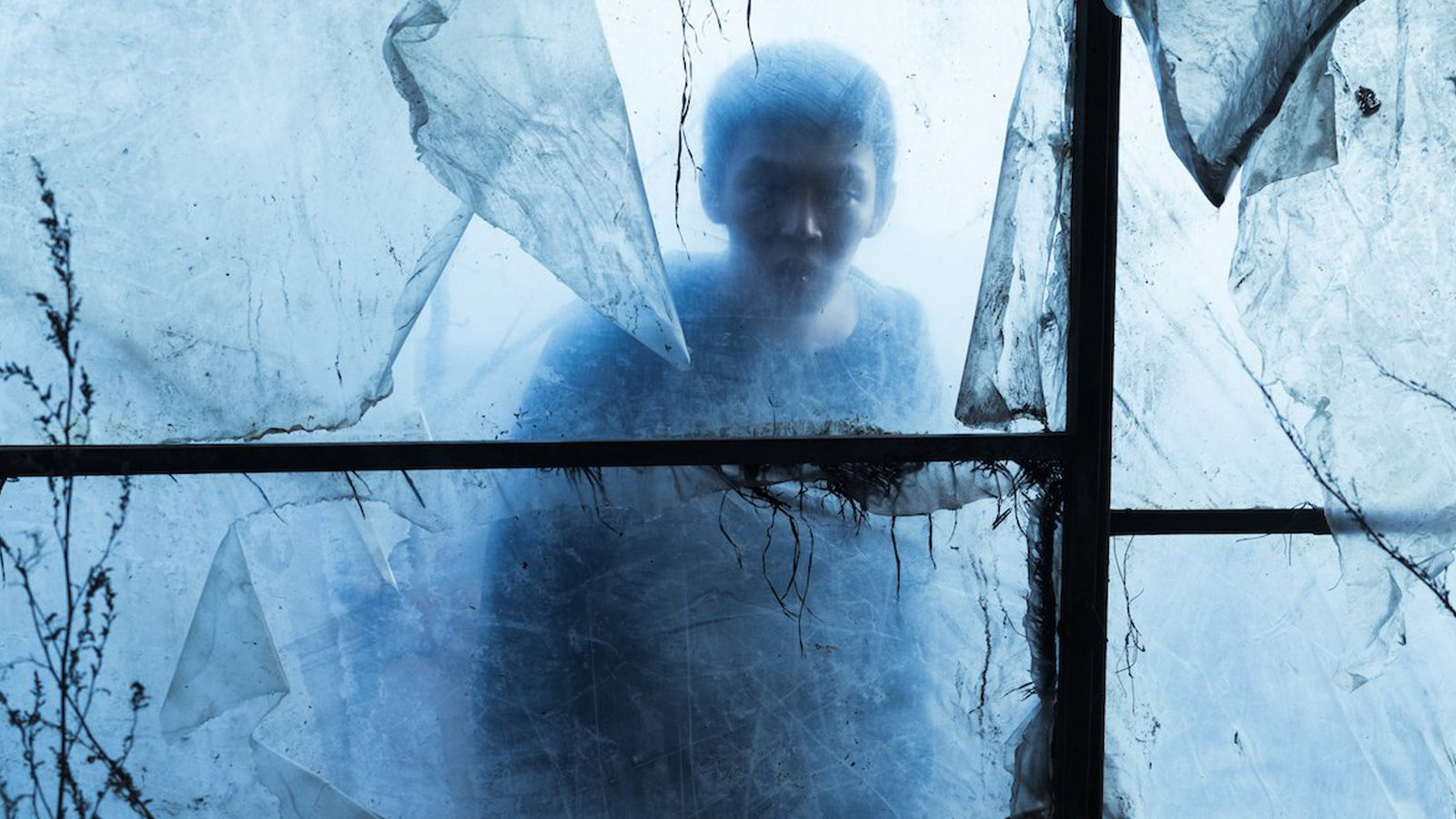
South Korean Author Lee Chang-dong was partially inspired by a short story by Haruki Murakami for his acclaimed psychological mystery drama “Burning”, a slippery and suspended movie in which doubts and revelations follow one another in order to form a complex and complete puzzle of the human condition.
“Burning” is a film that asks many questions but it doesn’t necessarily gives the answers: this is way it’s so fascinating and absorbing. Lee Chang-dong mixes thriller with drama and romance in a masterful way and, showing us the only point of view of the protagonist, he never reveals what really happened, letting the viewer interpret what seen.
The story’s development impassions, the images enchant, the final upsets and the three protagonists are characters of a greatness and a complexity that you see little.
12. Post Tenebras Lux (Carlos Reygadas, 2012)
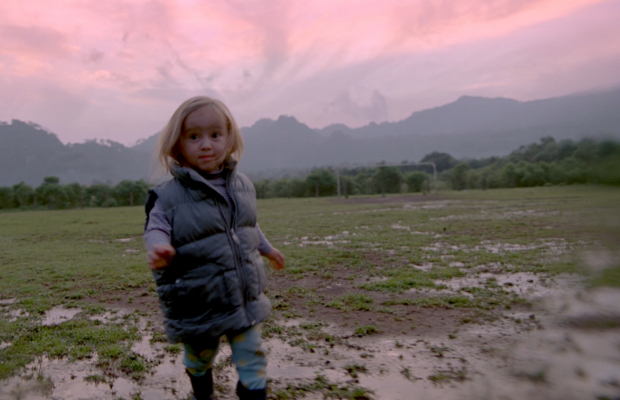
Winner of the Best Director prize at 2012 Cannes Film Festival , Carlos Reygadas’ “Post Tenebras Lux” begins with one of the most beautiful opening sequences ever: a little girl wandering around in a meadow, the camera is child height, the photography is vivid.
The film has a fragmented structure and describe the country life of a family. A representation of a man’s psyche, “Post Tenebras Lux” is a divisive picture, not easy to describe, but a film that strikes and hypnotizes those who watch. A film that perfectly balances form and content and represents the skills of a great director.
11. The Tree of Life (Terrence Malick, 2011)
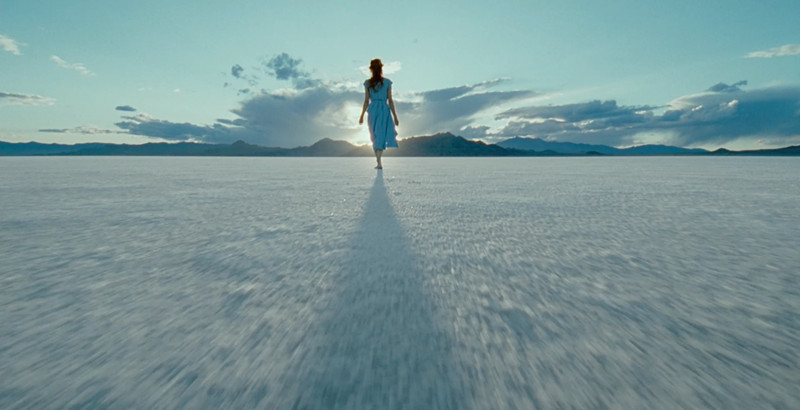
“The Tree of Life” – Palm d’Or at 2011 Cannes Film Festival – is the most important work in Malick’s career, because it marks a turning point in the way the director means the Cinema .
The director is no longer interested in telling a story, but uses a subject to convey sensations and a message to the viewer, all through the visual power of the images, in this case really monumental thanks to the immense talent of Emmanuel Lubezki.
A film of difficult conception and extremely suggestive, “The Tree of Life” narrates life in a surprising and vital way, making us passionate to the family protagonist, which is brilliantly opposed to the macrocosm, to the birth of the universe. Ambitious, gigantic and hypnotizing, a work to be enjoyed wide-eyed, and to be esteemed for its infinite depth.
10. Amour (Michael Haneke, 2012)
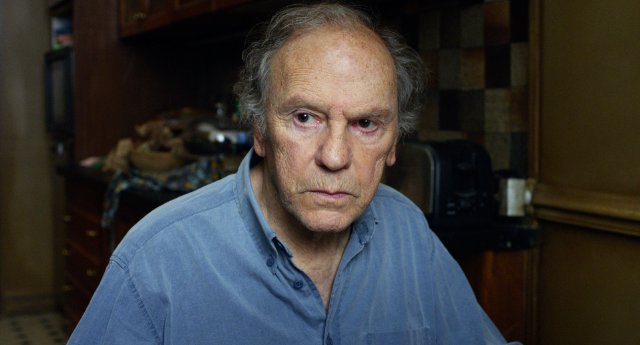
The old age according to Haneke, who stages a moving and compelling tale of pain and illness. A couple of elder music teachers live in Paris, but when the woman contracts the Alzheimer the balance is broken.
Emmanuelle Riva and Jean-Louis Trintignant are sublime as protagonists, and Haneke tells a delicate story in a sensitive and hard way, managing to move without pity. Haneke’s vision is always pessimistic, but “Amour” is realized with a lot of heart, as well as with great intelligence and lucidity.
Haneke is extraordinary in representing everyday life and emphasizing the beauty that is found in old age and relationships, even if the disease can come at any moment and destroy the lives of two people in an instant.
9. Uncle Boonmee Who Can Recall His Past Lives (Apichatpong Weerasethakul, 2010)

Thai director Apichatpong Weerasethakul stood out in early 2000s with films such as “Blissfully Yours” (2002) and “Tropical Malady” (2004), and with the Palm d’Or winner “Uncle Boonmee Who Can Recall His past Lives” (2010).
Deeply rooted in Eastern culture, the work deals with the theme of reincarnation in an engaging and original way. Also themes such as memory, extinction and transformation are explored, and also the death of Cinema itself is considered.
A slow odyssey into a mysterious world, Weerasethakul’s masterpiece is a parable of seductive beauty, hard to describe, difficult to understand, impossible to forget.